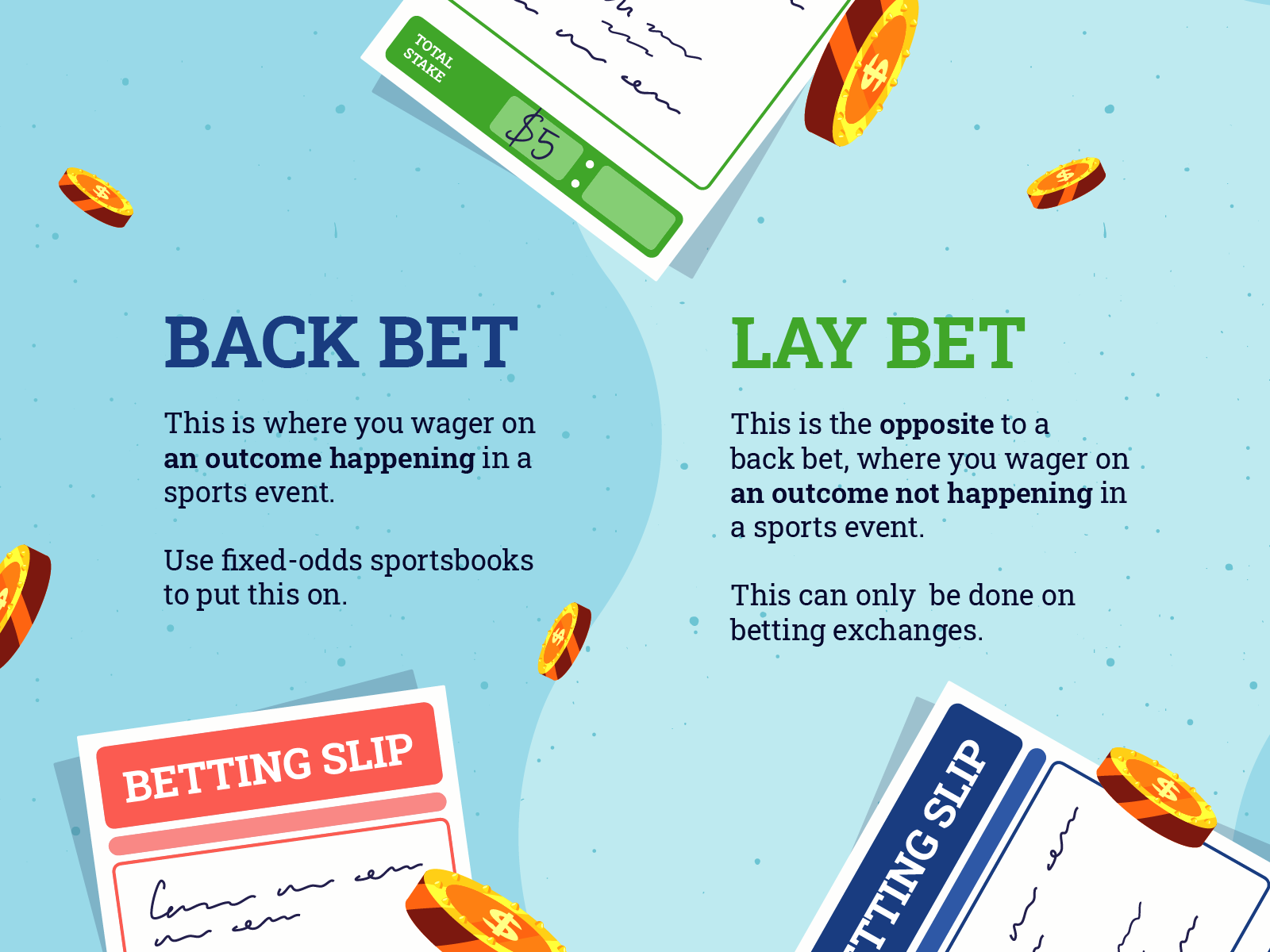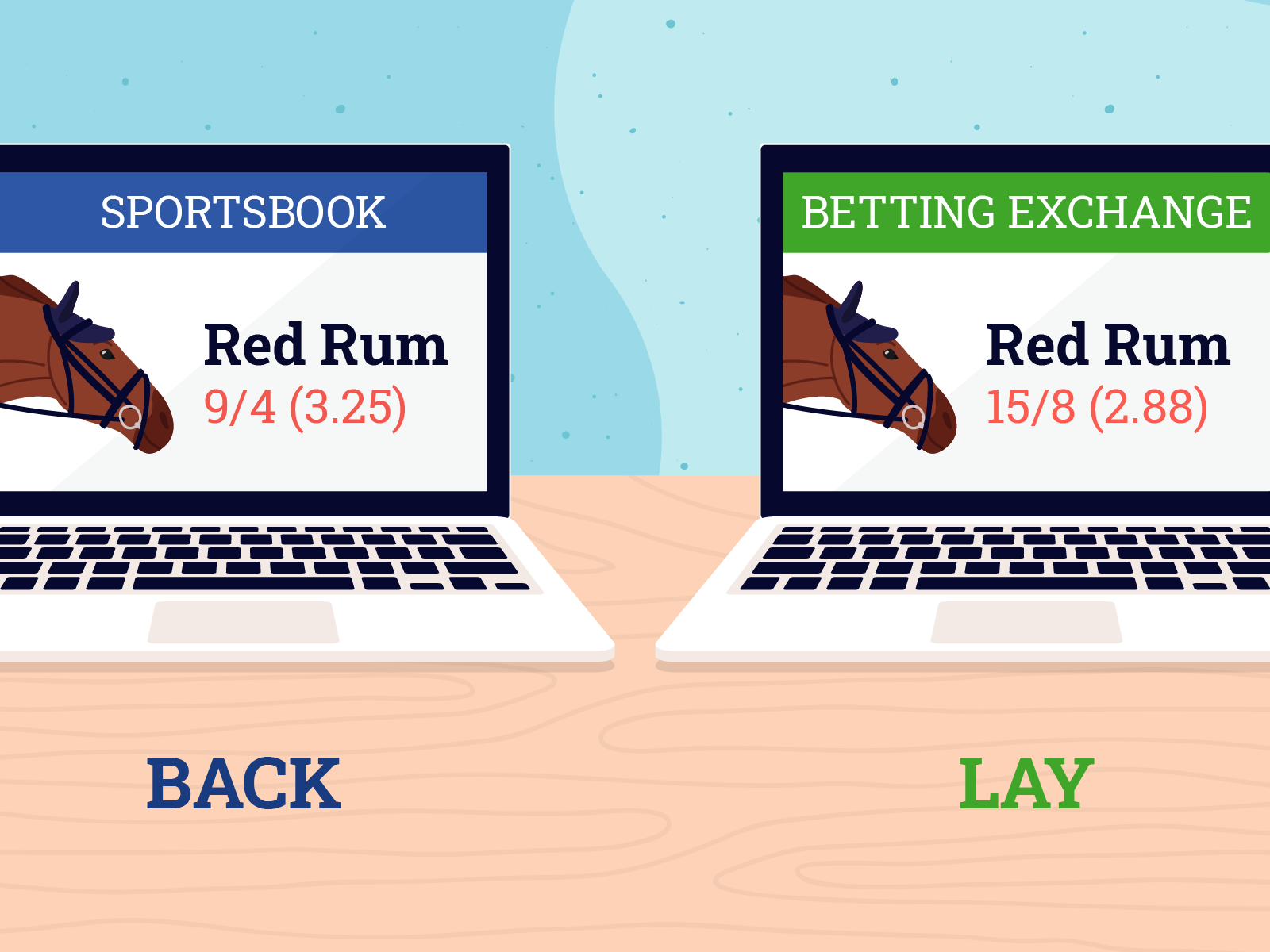Arbitrage Betting Explained: How to Secure a Risk-Free Profit from Sports Bets

Introduction to Arbitrage Betting
Arbitrage betting, known in the betting world as “arbing,” involves wagering on all possible outcomes of a sporting event using different bookmakers or platforms. By exploiting variations in odds, this approach can guarantee a profit no matter the result. This guide covers the essentials of arbing, how it works, its legality, and important risks and strategies you need to know.
Understanding How Arbitrage Bets Work
At its core, arbitrage betting takes advantage of discrepancies between odds offered by bookmakers and betting exchanges. To maximize your chances:
– Place a “back” bet for a particular outcome with a bookmaker.
– Simultaneously, place a “lay” bet (betting against that outcome) with a betting exchange.

The key to a successful arb is ensuring that the back odds are higher than the lay odds. You do not need expert sports knowledge—success hinges on spotting these mathematical opportunities, not on predicting event outcomes.
Step-by-Step Example: Arbitrage in Action
Let’s break down a real-world scenario:
Suppose in a UK horse race, Red Rum is offered at odds of 9/4 (3.25 decimal) to win at a bookmaker. At the same time, you can lay Red Rum to lose on a betting exchange at odds of 15/8 (2.88 decimal).

If you bet £100 on Red Rum to win:
– You will need to lay £113.64 on the exchange (accounting for standard 2% commission).
– Your liability on the exchange (the amount you must have available to cover payout if Red Rum wins) would be £213.64.
Use an online arb calculator to work out precise stakes and ensure profitability. Here’s what the result looks like:
– If Red Rum wins, you gain £225 from the bookmaker but lose £213.64 on the exchange, netting £11.36 after accounting for commissions.
– If Red Rum loses, you gain £227.28 on the exchange (less 2% commission and the £100 lost at the bookmaker), also resulting in an £11.36 profit.
The individual profit margin for each bet may be small, but frequent opportunities can add up to significant returns over time.
Arbing Example: Football Betting
Now, let’s consider a football match: New England Patriots vs Tampa Bay Buccaneers.
– You back the Patriots at odds of +175 using a bookmaker by staking $50.
– Simultaneously, you lay the Patriots to lose at odds of +163 on a betting exchange with a $52.68 stake (also assuming a 2% commission, requiring a balance of $85.87 on the exchange).
No matter the outcome, after subtracting any relevant commissions and losses:
– A modest profit of $1.63 is achieved.
Always deduct your losing bet and any commissions from your profit calculations.
Is Arbitrage Betting Legal and What Are the Risks?

While arbitrage betting does not break any laws and you cannot be prosecuted for participating, most bookmakers are opposed to the practice. They monitor accounts for unusual activity, such as consistently beating the odds or frequent withdrawals.
Potential bookmaker responses include:
– Limiting your maximum bet stakes
– Restricting your markets
– Closing your account entirely
– Blacklisting you from future bets
These risks make it essential for arbers to employ strategies that minimize detection.
Best Sports for Arbitrage Opportunities
Arbing can be applied to nearly any sport, but there are strategic considerations:
– Popular sports like soccer and horse racing are better choices due to high betting volumes, which make arbing activity less conspicuous.
– Soccer offers numerous betting markets, making it harder for bookmakers to clamp down on every value opportunity.
– Horse racing is especially suitable due to frequent odds shifts and multiple entries in a single race.
Specialized arbitrage betting tools and software are available to help you identify and respond quickly to arbing chances across sportsbooks and exchanges. These tools are legitimate and make the process more efficient.
Expert Tips to Maximize Your Arbitrage Success

Considering the risks associated with arbing, using smart tactics can help extend your success:
– Place Back Bets In-Person: Making your back bets at a physical betting shop instead of online offers more anonymity, making your betting pattern harder to track.
– Be Wary of Large Stakes: Using unusually large sums, especially for high-margin or obscure events, will quickly draw attention from bookmakers. Place moderate bets or limit your higher stakes to popular events with large betting pools.
– Diversify Your Betting Accounts: Spread your bets across multiple bookmakers to avoid establishing recognizable patterns. Avoid linking your online and retail accounts.

– Maintain a Mug Punter Profile: Occasionally place casual or low-value bets (sometimes losing bets) on popular outcomes or accumulators. This makes it harder for bookmakers’ systems to flag your account as that of a professional arber.
– Keep Records and Use Automated Tools: Rely on digital tracking and calculators to swiftly spot opportunities and calculate exact stakes, increasing both accuracy and efficiency.
Conclusion: Should You Try Arbitrage Betting?
Arbitrage betting offers a unique method to guarantee profit from sports betting—at least, until bookmakers take action against your account. While completely legal, it comes with operational risks, such as account limitations or closures if detected.
The foundation of successful arbing relies on identifying and capitalizing on small margins between back and lay odds. With the help of specialized software and thoughtful betting practices, those modest margins can add up over time, making this an attractive strategy for disciplined bettors.
If you’re interested in expanding your sports betting knowledge further, discover more strategic guides on topics such as prop bets to continue developing your edge.








